Faculty News – 2022

Whether they are in the classroom or out in the world, Pitzer professors prove themselves to be both well-versed experts and passionate learners in their fields. This news sampling covers some of what Pitzer faculty have been up to recently—from a linguistic debate about liking the word “like” to the environmental impact of warehouses.
The Neuroscience of Following Your Nose
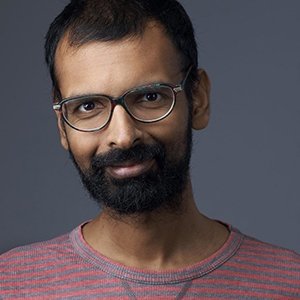
Assistant Professor of Neuroscience Gautam Agarwal seeks to make sense of complex interrelationships in the brain. His article, “Spatial maps in piriform cortex during olfactory navigation,” shed new light on an under-explored region of the brain and its role in odor-guided navigation. Co-authored with researchers from the Champalimaud Centre for the Unknown in Portugal, the article was published in the scientific journal Nature.
President-Elect of the Pacific Sociological Association
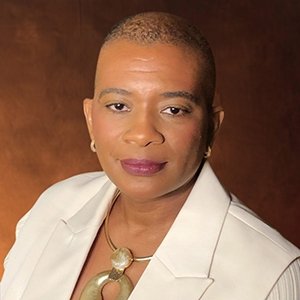
Professor of Sociology Alicia D. Bonaparte was named the president-elect of the Pacific Sociological Association (PSA). The PSA is committed to serving sociologists in the region by providing opportunities for networking and professional development designed to advance scholarly research, promote high-quality teaching and mentorship, and encourage applied sociology for the public good. “I am truly excited to start working on my presidential theme for 2023–24, which will center Blackness and the intellectual thought that investigates it in various ways,” said Bonaparte.
New Book on Immigrant Rights, Repression, and Resistance
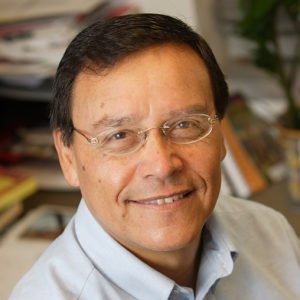
Organizing Lessons: Immigrant Attacks and Resistance!, a new book co-edited by Pitzer College Professor Emeritus José Z. Calderón, is a collection of articles by immigrant rights activists, labor activists, and scholar-activists who are dedicated to immigrant and workers’ rights. The anthology, co-edited with Victor Narro of the UCLA Labor Center, explores how policies have shaped immigration flows and analyzes “the racialized, gendered, and class character of these movements of people.” According to the introduction: “The readings articulate how immigration policy is related to larger questions of national building, racialization, political participation, and social and economic inequality.”
Linguistic Debate About Liking to Say “Like”
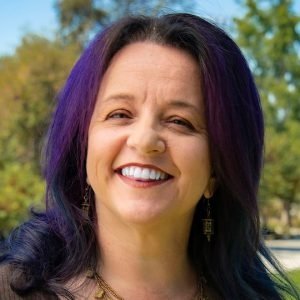
Professor of Linguistics Carmen Fought was quoted in The Guardian article “Why do people, like, say, ‘like’ so much?” Fought said: “I’m 55, I have a PhD, many people would consider that to be a sign of intelligence, and I’m a ‘like’ user.” She was also interviewed about “like” on the BBC’s Word of Mouth and was cited in the Los Angeles Times op-ed “For years, I Anglicized my Mexican last name. MAGA trolls inspired me to reclaim it.”
Contextualizing the Russian Invasion of Ukraine at UN Association Chapter

Associate Professor of Organizational Studies Barbara Junisbai delivered a virtual talk, “The Russian Invasion of Ukraine: Situating the Events of Today within a Historical, Social, and Political Context,” as part of the United Nations Association Pomona Valley chapter’s Global Issues Programs. She also co-authored a policy memo on a coup attempt in Kazakhstan for the Program on New Approaches to Research and Security in Eurasia (PONARS Eurasia) and participated in the Central Eurasian Studies Society (CESS) regional conference in Tashkent, Uzbekistan, as the chair of CESS’ communications committee.
Exploring Philosophy of Conspiracy Theory on an International Scale
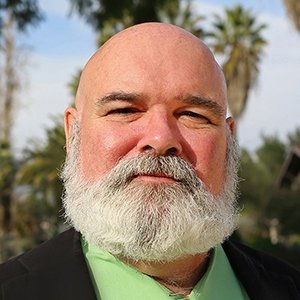
Professor of Philosophy Brian L. Keeley hosted the first International Conference on the Philosophy of Conspiracy Theory. The online conference invited participants from all over the world to explore new literature focusing on conspiracy theory as an epistemic problem, as well as work dating back to the late ’90s that set the foundation for approaching conspiracy theory as a philosophical question. Keeley delivered the keynote speech, “Conspiracy Theory and (or as) Folk Psychology,” on the opening night of the conference. In addition to the epistemology of conspiracy theories, Keeley’s research interests include the philosophy of artificial life and artificial intelligence, and the sciences of sensory perception.
Mapping the Warehouse Takeover of the Inland Empire
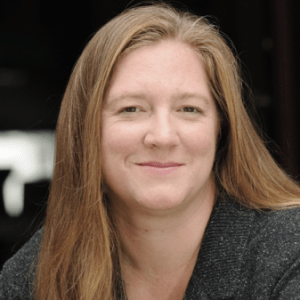
Pitzer Professor of Environmental Analysis Susan A. Phillips wrote a Los Angeles Times op-ed, “We mapped the warehouse takeover of the Inland Empire. The results are overwhelming.” According to Phillips, who is the director of Pitzer’s Robert Redford Conservancy for Southern California Sustainability, warehouses have “worsened traffic, air quality, cancer rates and chronic health problems in the region and have cemented poverty here.” To support advocates and communities fighting warehouse expansion, the Redford Conservancy developed an animated map that “makes warehouses in the Inland Empire look like the spread of a disease.” Phillips called for a broader regional coalition to look for new, more sustainable uses for the land and to minimize the harms that warehouses bring to local cities.
Transgender Immigrants in Central America and the US
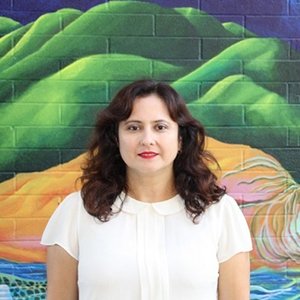
Associate Professor of Chicano/a-Latino/a Transnational Studies Suyapa Portillo Villeda ’96 was quoted by ABC News about anti-transgender and anti-LGBTQ+ sentiment in Central American countries. “A period of authoritarian rule just ended in Honduras, and a new president has come in, but being transgender means that there’s very little acceptance in society, very few laws and policies that actually protect the life of transgender people in Central America, particularly in Honduras,” Portillo Villeda said. Portillo Villeda’s recent book, Roots of Resistance: A Story of Gender, Race, and Labor on the North Coast of Honduras, won the National Women’s Studies Association Book Prize.
Cypress College SWANA Cultural Celebrations Keynote
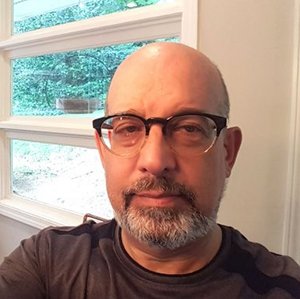
Daniel A. Segal, Pitzer’s Jean M. Pitzer professor of anthropology and professor of history, delivered the keynote address during Cypress College’s two-day SWANA (South West Asian North African) Cultural Celebrations. Segal’s talk, “Lessons from Palestine for a Social Justice Future,” drew on his experiences traveling across the West Bank in 2018, when he participated in a study tour. A former fellow of the Center for Advanced Study in the Behavioral Sciences at Stanford University, Segal was awarded a 2017–18 Fulbright US Scholar research grant to examine the entry of the Brazilian state into the northern Amazon.
Native Plants Recover in the “Galapagos of California”
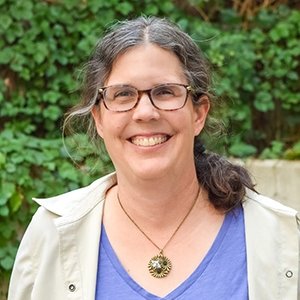
Professor of Biology and Environmental Science Diane Thomson, other scientists from the Keck Science Department, and the U.S. Geological Survey (USGS) reported signs of a comeback among native plants on one of the Channel Islands, often considered the “Galapagos of California.” Thomson and USGS Research Plant Ecologist Kathryn McEachern co-authored the article, “Diverse native island flora shows rapid passive recovery after exotic herbivore removal on Santa Rosa Island, California,” which was published in the journal Biological Invasions. Part of that research was funded by a five-year $274,000 National Science Foundation grant to the Keck Science Department. For Claremont students who don’t know about the remarkable biodiversity in their own backyard, “our fieldwork was like a natural history adventure, only one they could go on with just a short drive and boat trip,” Thomson said.